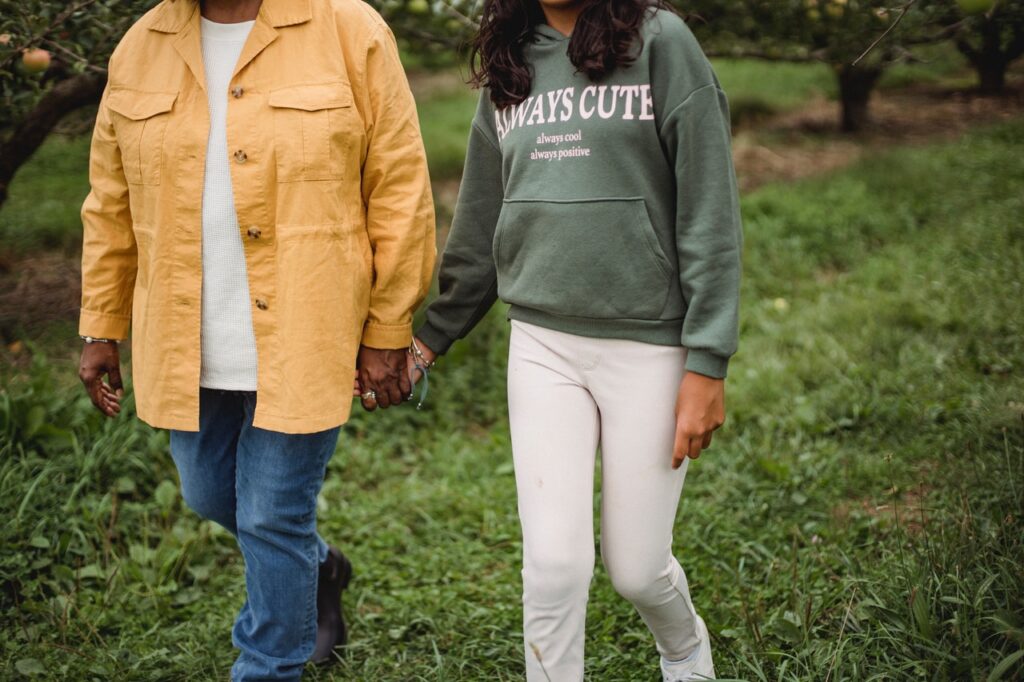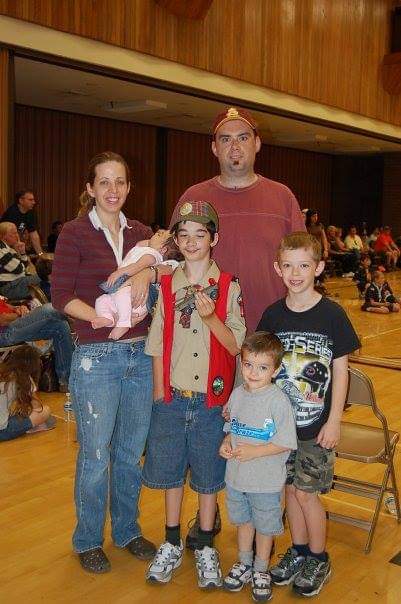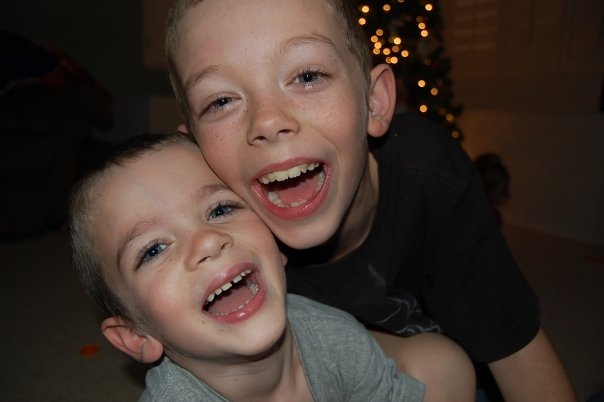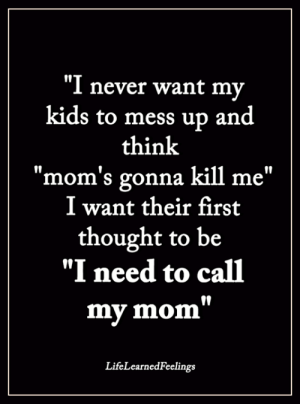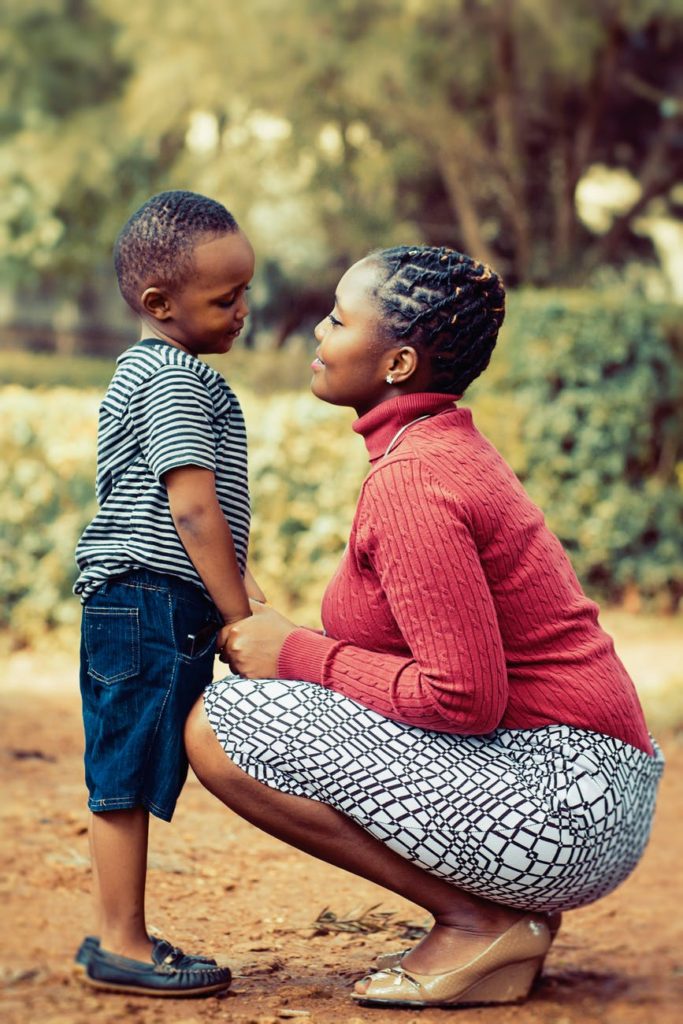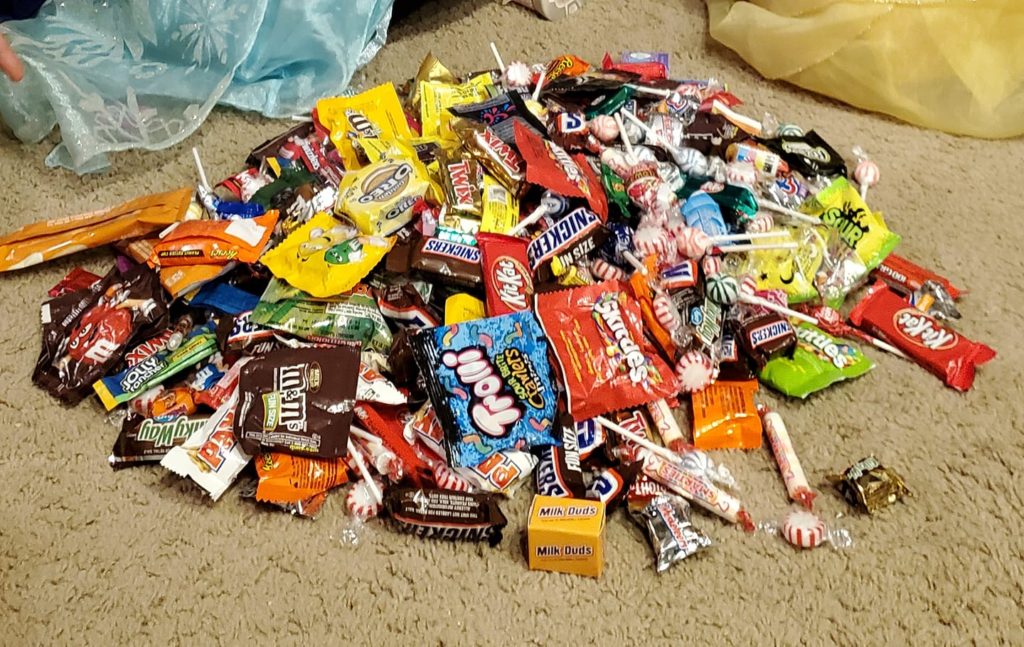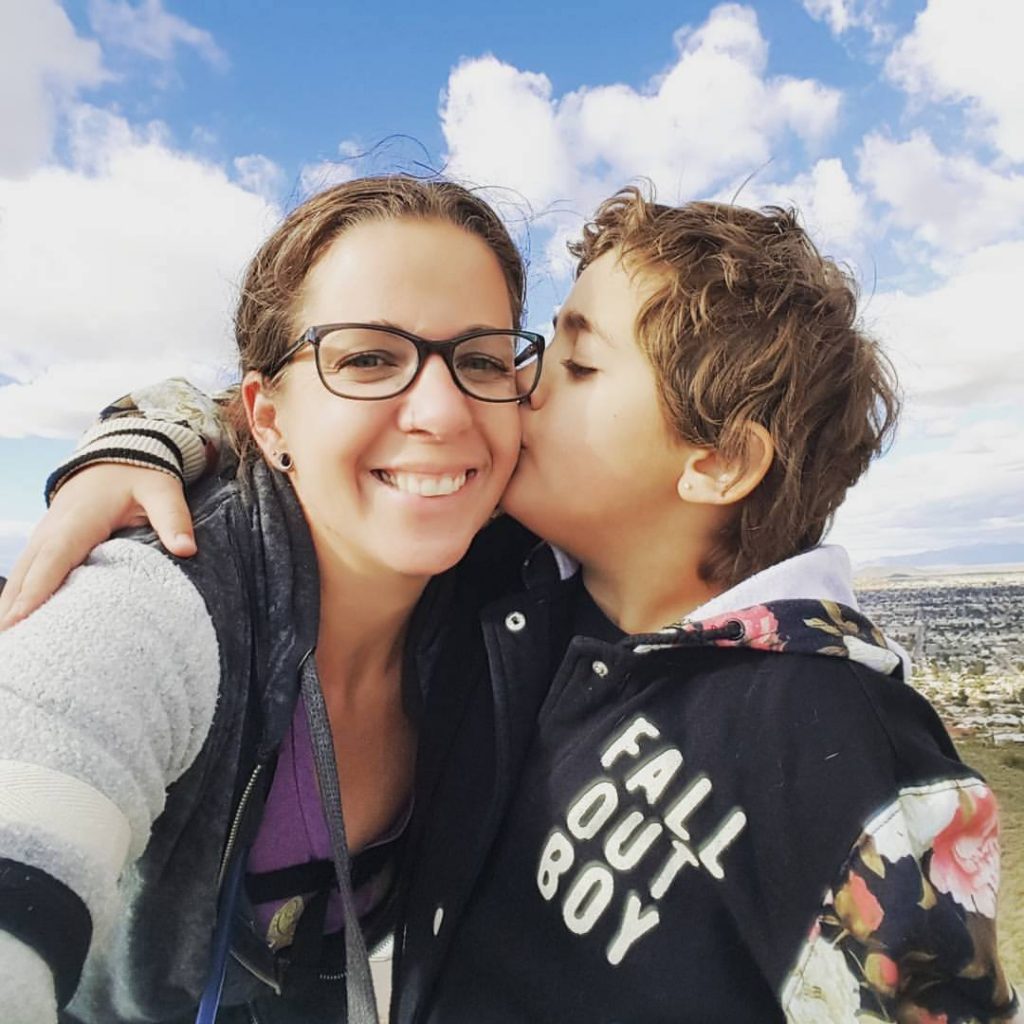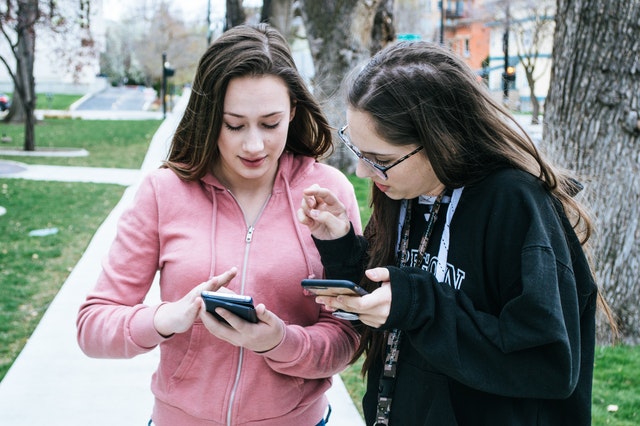
At the time of this writing, my kids are 13, 17, 21 and 24.
(Give me a minute while I stop and digest that. Whew. Okay.)
The 21 and 24 year olds are adults – and one of them is married – so while I would absolutely have a conversation if a situation arose, or if they asked for help in some way, my involvement is different from that of their siblings. And as adults, their decisions are their own.
As for the teens, the general narrative that I’m hearing lately tells me that I should be limiting their access, disallowing things like TikTok, checking their messages, and essentially living in fear that the big, bad, boogeyman of the internet at large is going to swoop them up, right under my nose.
But I’m not afraid.
And don’t get me wrong. I have a healthy amount of respect and caution for all things internet and social media related. Yes, they can be misused. Yes, they can hold dangers. Yes, they can be harmful.
Here’s the thing though. I have much more confidence in keeping my kids safe if I’m helping them navigate these things, rather than forbidding and/or controlling them. Why? Because forbidding them is going to ensure that they won’t talk to me about it in the future. It makes it more likely for them to feel like they need to hide things from me. It makes it more likely for them to seek out those activities in private (at school, at friends’ houses, on a secret phone…) without any guidance or input at all. Instead of encouraging conversation, it halts it. If I give them a blanket statement about it being “unsafe”, it will inevitably lead to distrust when they eventually learn that the internet and social media can be wonderful tools that help keep us engaged, informed, entertained, and connected.
I don’t remember how old any of my kids were when they got their own phones, as we didn’t wait for any specific age. Rather we waited for them to express an interest, to show that they were ready, and to demonstrate that they had the maturity and skill set to use it safely.
That does NOT mean – and I feel it’s super important that I say this expressly and clearly – that they were handed phones, told “have fun”, and then left alone. On the contrary, we were extremely involved, right from the start. We became their friends on Facebook, we followed them on Instagram. We talked. And we talked, and we talked, and we talked some more. We kept an open line of communication, so that when bobbles happened (and there have been a couple) they’d know that they could come to us, and we could help them work through them safely and effectively. They know they can come to us about anything, and that we will listen to them, without judgment, and without condemnation.
The best part? The transparency means I get to be invited into their world. I get to hear about the friends they’re talking to, the things they’re watching on YouTube, their favorite TikTokers, the games they’re playing. I get to be there. As I write, my 13 year old sits beside me, scrolling through TikTok and occasionally pausing one to share it with me. She always shares the things she posts too (and she is hysterical), and I pride myself on being the first one to like them. At 17, her brother isn’t quite as forthcoming as she is, but I still don’t worry. The conversations are still open and honest, and sharing comes easily. Just this morning he shared something personal that he absolutely didn’t have to share, and I knew – and deeply appreciated – that he still considered me a safe person.
You can’t keep your kids in bubble wrap. You can’t keep them from all potential harm. What you can do is walk through life beside them, with trust, respect, and communication, with the hope and the confidence that when it’s time for them to fly alone, you’ll both be ready.


